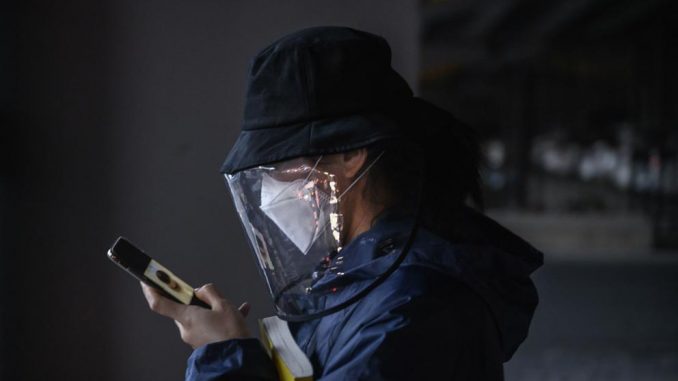
Cyber attacks with physical effects
Throughout the months of June and July of this year we have been witnessing various explosions in Iran, followed over time and that have affected such sensitive facilities as missile warehouses of the Islamic Revolutionary Guard Corps (IRGC), complexes military, nuclear plants, petrochemical plants or healthcare facilities. The possibility that these explosions are actually cyberattacks carried out by an enemy country, specifically Israel, has raised several doubts among analysts and experts dedicated to monitoring the security and strategic context in this region. [Keep reading…]



